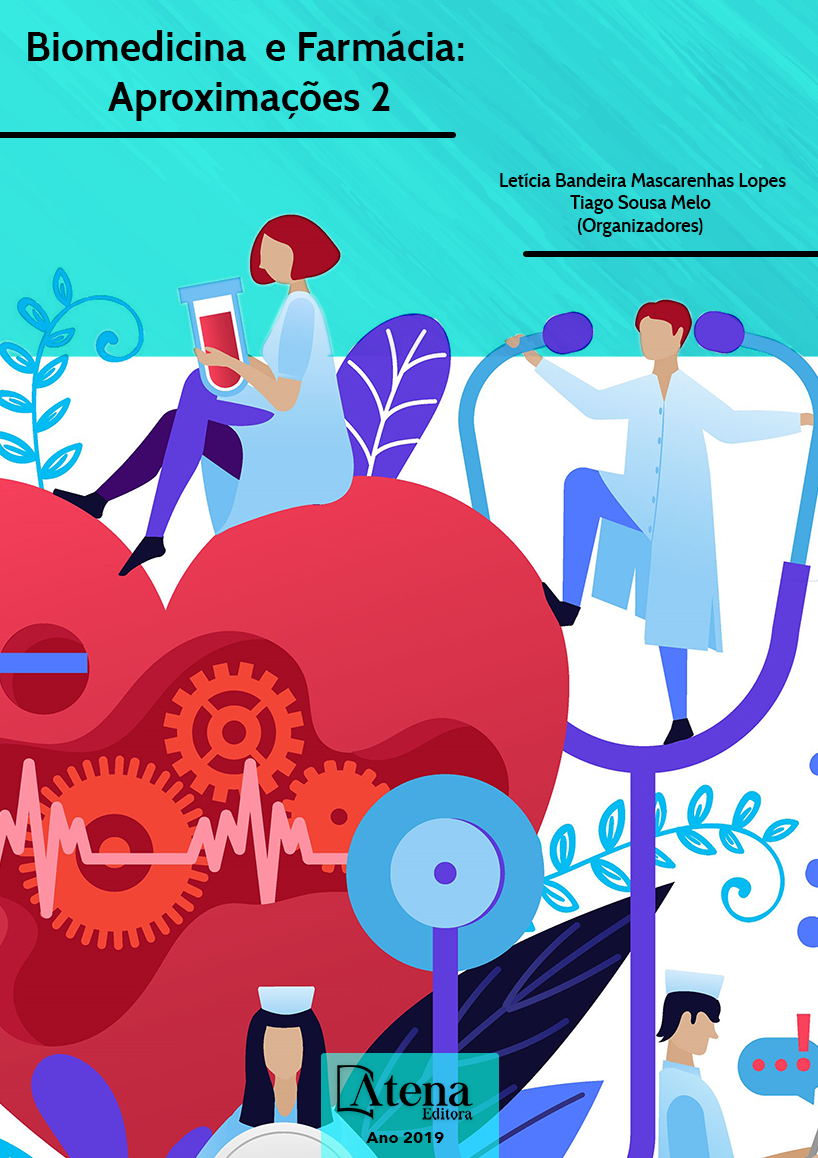
AVALIAÇÃO DA CITOXIDADE, MUTAGENICIDADE E TOXICIDADE DO EXTRATO ETANÓLICO DOS FRUTOS DO Lycium barbarum (GOJI BERRY) POR MÉTODOS Allium cepa EM CÉLULAS EUCARIONTES.
No Brasil a preferência dos
consumidores por plantas medicinais vem
crescendo, isso se deve ao baixo custo e
variações de fórmulas preparatórias (MARTINS
et al. 2014). Pode-se dizer que tanto a
planta medicinal quanto os produtos de sua
biotransformação são substâncias presentes
em concentrações muito mais elevadas que
o normal, portanto, extremamente tóxico.
Podendo ter efeitos não somente imediatos
mais efeitos que se instalam em longo prazo
e de forma com que o paciente não tenha
sintoma algum. Diante disso objetivou-se
avaliar os possíveis efeitos tóxicos, citotóxicos,
genotóxicos e mutagênicos do extrato etanólico
dos frutos de Lycium barbarum, através do
teste Allium cepa em células eucariontes, em
seguida analisou-se os dados no graph prisma
versão 5.0 com teste ANOVA (one-way) seguido
do teste de tukey. De acordo com os resultados
pode se constatar que o Lycium barbarum (Goji
berry ) em concentrações elevadas como as
de 215 e 430 mg/mL apresentam genotoxidade,
toxicidade, citóxicidade e mutagênicas evidente.
Porém na dose de 107,5 mg/mL não apresenta
toxicidade. Por tudo isso, verifica-se que é
necessário estudos complementares, como
estudos não clínicos de segurança no sentido
de confirmação dos resultados e elucidação dos
possíveis mecanismos geradores dos danos.
AVALIAÇÃO DA CITOXIDADE, MUTAGENICIDADE E TOXICIDADE DO EXTRATO ETANÓLICO DOS FRUTOS DO Lycium barbarum (GOJI BERRY) POR MÉTODOS Allium cepa EM CÉLULAS EUCARIONTES.
-
DOI: 10.22533/at.ed.23119150411
-
Palavras-chave: Lycium. barbarum. Goji. berry. Toxicidade. Fitoterapia.
-
Keywords: Lycium. Barbarum Goji. Berry. Toxicity. Phytotherapy.
-
Abstract:
In Brazil, the preference of
consumers for medicinal plants has been
increasing, due to the low cost and variations of
preparatory formulas (MARTINS et al., 2014). It
can be said that both the medicinal plant and the
products of its biotransformation are substances
present in concentrations much higher than the
normal, therefore, extremely toxic. It may have
effects not only immediate but effects that settle
in the long term and so that the patient has no
symptoms at all. The objective of this study
was to evaluate the possible toxic, cytotoxic,
genotoxic and mutagenic effects of the ethanolic
extract of the fruits of Lycium barbarum by
means of the Allium cepa test in eukaryotic
cells, and then analyzed the data in graph prism
version 5.0 with ANOVA ( One-way) followed by
the tukey test. According to the results it can be
seen that Lycium barbarum (Goji berry) at high
concentrations such as 215 and 430 mg / mL
present evident genotoxicity, toxicity, cytotoxicity
and mutagenicity. However, at the dose of 107.5
mg / mL there is no toxicity. Therefore, it is
necessary to carry out complementary studies,
such as non-clinical safety studies in order to confirm the results and elucidate the
possible mechanisms causing the damage.
-
Número de páginas: 15
- Ogenya Rafaela Bispo de Souza
- Francisca dos Santos
- Manoel Pinheiro Lúcio Neto


